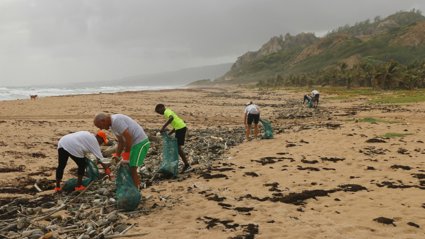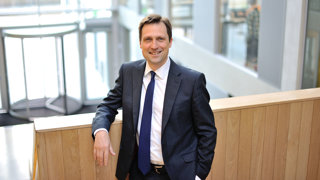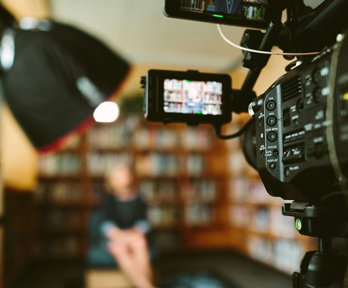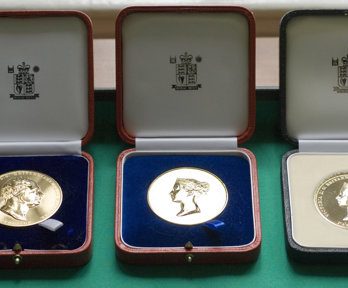
Q&A with Professor Peter Atkinson
Read our interview with 2024 Cuthbert Peek Award recipient, Professor Peter Atkinson.
The buzz that I get out of interacting with very clever scientists is irreplaceable. Professor Peter Atkinson
What did you want to be, or where did you want to work, when you were a teenager?
"I was always drawn to science, although another part of me was also fascinated by leadership as a process. My heroes are scientists, but at the same time I appreciate the enormous heavy-lifting that comes with all forms of leadership. I have always valued freedom and individuality, and so I think it was highly likely that I would end up in academia.
"After my PhD, I worked for one year at a software company in London. I was not that interested in my own work, even though I did a good job and the company itself was excellent. I quickly returned to a post-doc position in geography at Bristol University and I haven’t looked back."

How did you get into this field of work?
"I was made a Professor at the age of 36 at Southampton University and a few years later (without the fairly shallow, but easy to conceptualise aim of becoming Professor) I realised that research process-wise my future to retirement was likely to be similar to my past, which was humbling.
"I decided then to take on the new challenge of leadership and quite naturally I became Head of School. I saw this as an opportunity to make a difference and help others, and in a sense pay back for the superb support that I had personally received as an early researcher.
"My next move was to Lancaster to take up the role of Executive Dean of a large Faculty of Science and Technology, which you could say was seven times as large as the role of Head of School (since the faculty comprised seven departments).
"It has brought me close to some amazing subjects like physics, chemistry, psychology, mathematics, computing, engineering, environmental science and, of course, geography and I have enjoyed every minute of it.
"The buzz that I get out of interacting with very clever scientists is irreplaceable. I mean these are really, really great people and it’s a privilege to have such a position of responsibility on behalf of them."
What is one thing you wish you had learned earlier in your career?
"Don’t let anyone prevent you from realising your unique contribution. Ok, so I borrowed that from The Seven Habits of Highly Successful People by Stephen Covey, a tremendous book from the 1980s. But its quite profound, and it takes on a further significance in the modern context of AI where each day we seem to be losing competencies that we thought previously were uniquely human.
"Perhaps especially in the face of improving AI, I still believe that each person does have a unique contribution to make. If I could speak to my younger self I would say: 'Relax, take your time, there is no rush. Be yourself.'"
What legacy do you hope you’ll leave?
"This question feels quite biased (a greater legacy is assumed to be better) and anthropocentric (we are different to other species in the legacy that we are able to make).
"We might ask the question differently if we consider other forms of life as having great intrinsic value (i.e. not only because they benefit humans), and we were also to value highly the non-living resources on which life depends. Humans tend to see the world with them at the centre, but I think this is a mistake long-term.
"So, I think my ideal legacy would be to have changed human thinking about certain concepts, but to have had the least impact on the physical world by living humbly, and to leave the planet, and especially other species, as little impacted as possible.
"Now, in truth, I’m not going to get anywhere near the latter, but that would be what good would look like. I wish that others would also aim to do less, and to see less as an honourable legacy."
Stay informed
We regularly host exhibitions as well as in-person and online events, including our Monday night lectures (members only) and regional events.
Would you like to stay up to date about our upcoming events and news? Log in, or create an account, and sign up for our newsletter.

